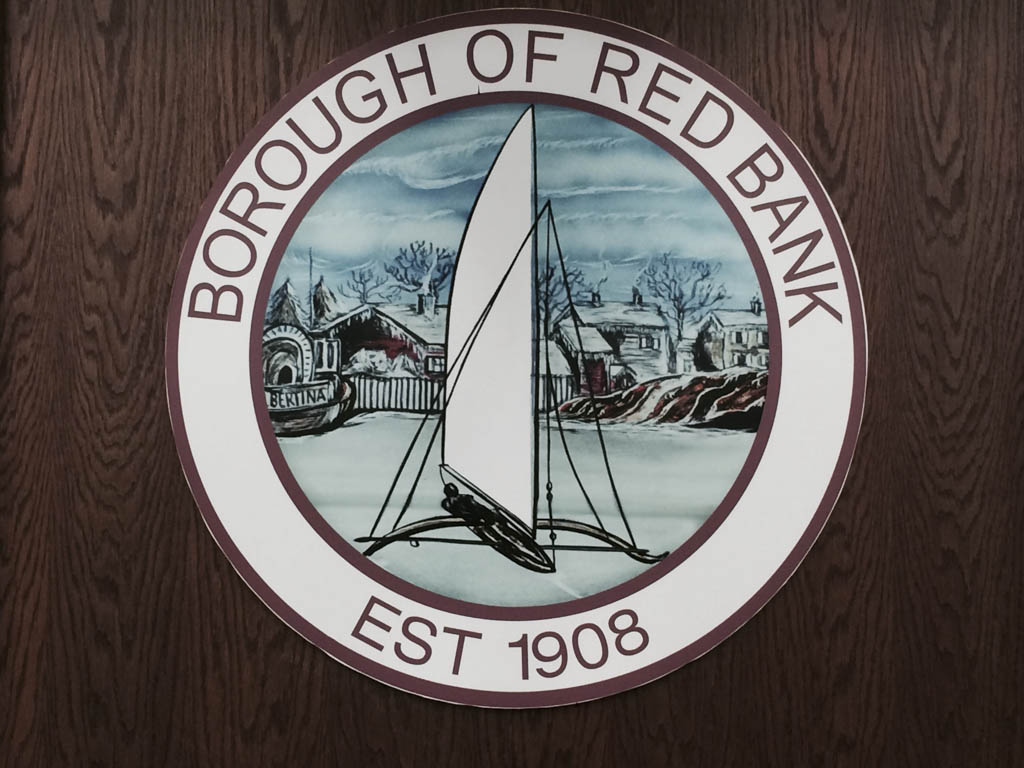RED BANK — Voters in Red Bank appear to have approved a public ballot question that will lead to a change in the borough’s form of municipal government.
According to unofficial results that have been posted the Monmouth County Votes website by the Monmouth County Clerk’s Office, the ballot question passed by a count of 2,013 “yes” votes to 931 “no” votes.
As of Nov. 9, the results included early voting machines; Election Day machines (99% processed); and Election Day mail-in ballots (95% processed). Election Day drop boxes, late mail-in ballots, provisional ballots and cure letters are pending, according to the website.
The public question that was placed on the Nov. 8 ballot by municipal officials asked voters if Red Bank should adopt the council-manager plan as its form of government. Residents had the option to vote “yes” or “no.”
Under Red Bank’s new council-manager form of municipal government, six council members and a directly elected mayor will be elected at large for staggered terms during a nonpartisan election that will be held in May. In a nonpartisan election, candidates are not identified by a political party.
The first municipal election under the new form of government is expected to be held on May 9. The winning candidates for mayor and council are expected to be installed on July 1.
After the new governing body has been installed, the elected officials may choose to move subsequent nonpartisan municipal elections to the November general election, according to the public question.
Red Bank currently operates under a partisan form of government known as the borough form. The municipal government consists of six Borough Council members who serve staggered three-year terms and a directly elected mayor who serves a four-year term.
The council members vote on action items (i.e., resolutions and ordinances). The mayor only votes if there is a tie on a specific item. Democrats currently hold all six council seats and the mayor’s office.
In the new nonpartisan council-manager form of government, six council members will serve staggered four-year terms. The directly elected mayor will serve a four-year term and will vote alongside the council members on action items.
The mayor and council members are responsible for all legislative powers and for setting municipal policy, according to the ballot question.
The mayor and council in the new form of government will appoint a municipal manager who will exercise all executive and administrative powers. The manager serves the mayor and council and will be subject to removal from that position by a simple majority vote of the elected officials.
In order to initiate the new staggered council terms now that the ballot question has apparently been approved, four council members who are elected under the new form of government will serve for two years, to be determined upon the initial organization of the new government. The remaining two council members and the mayor will serve four-year terms.
A municipal election will be held every two years, according to the public question.
The ballot question that proposed the change in government was offered to the public by the five members of a charter study commission who spent several months examining the types of government that are available to Red Bank under New Jersey law.
The charter study commission was established earlier this year after being approved by Red Bank voters in the 2021 general election.
The members of the commission who were elected by residents were Nancy Facey-Blackwood, Mark Taylor, Michael DuPont, Ben Forest and Kathryn Okeson.
The commission members reviewed the charter responsible for establishing Red Bank’s form of government and eventually recommended the council-manager form as being more appropriate for the borough.
A charter study commission and a direct petition are the two methods of changing a municipal government in New Jersey, according to borough officials.
A final report issuing the commission’s recommendation was published on July 19.
According to the report, the commission members determined the borough form of government is not meeting the needs of Red Bank.
Commission members found that the borough form lacks sufficient delineations of authority for office holders, which has led to council members overstepping their roles, and that partisan elections have created a divisive environment that undermined the local government from properly functioning.
The commission members believed the council-manager form of government would directly address and rectify micromanagement issues, according to the report.
The commission members also believed nonpartisan elections would improve Red Bank’s electoral process by counteracting the influence of political party endorsements and favorable ballot position, according to the report.

